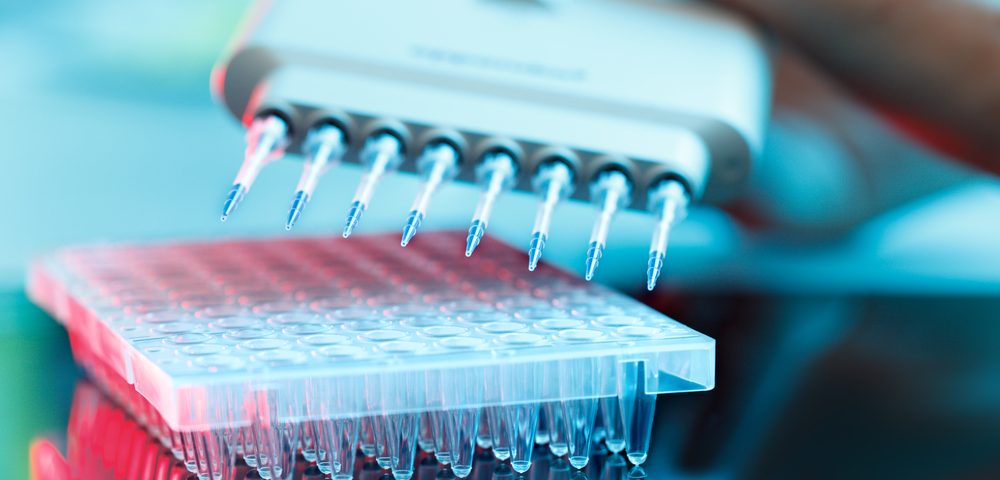Microbiotica, a company spun out of the Wellcome Sanger Institute, recently established a multiyear collaboration agreement with Genentech to discover, develop, and commercialize biomarkers, targets, and therapies for inflammatory bowel disease (IBD).
The collaboration will focus on microbiome biomarker signatures and potential therapies based on Genentech’s IBD pipeline and on Microbiotica’s gut microbiome Reference Genome Database and Culture Collection, which enables gut bacterial identification at clinical-trial scale.
Microbiotica will use its microbiome platform to analyze patient samples from clinical trials of Genentech’s investigational IBD medicines, with the goal of identifying microbiome biomarker signatures of drug response, new IBD targets, and live bacterial therapeutic products.
Genentech, a member of the Roche Group, is the maker of etrolizumab (RG7413), an investigational therapy to treat both ulcerative colitis and Crohn’s disease.
According to the terms of the agreement, Microbiotica could receive up to $534 million in upfront and milestone payments from Genentech. Genentech will retain the option to license assets that Microbiotica develops as a result of the research partnership.
“This collaboration brings together a world-class pipeline of investigational IBD medicines from Genentech with the world-class microbiome capability of Microbiotica. We are excited by the opportunity to work with Genentech scientists in order to bring precision metagenomics into the clinical arena for the first time, enabling us to develop biomarkers and medicines for the benefit of patients,” Mike Romanos, chief executive officer of Microbiotica, said in a press release.
“This collaboration reflects Microbiotica’s strategy of utilising its platform for medicines and biomarker discovery while simultaneously expanding platform capabilities. Whilst Genentech will retain rights to proprietary biomarkers, targets and medicines, the collaboration will enable Microbiotica to continue to rapidly expand its already leading Reference Genome Database and Culture Collection, further strengthening its value across all therapeutic areas,” Romanos added.
Microbiotica is using its Reference Genome Database and Culture Collection to provide the best available representation of clinical trial samples for strain-level identification of bacteria, the company said. The data sets that result from these studies are analyzed using artificial intelligence techniques to identify microbiome signatures linked to phenotype.
“We believe the microbiome represents a new paradigm in biomedicine, both for understanding drug response and as a novel therapeutic modality. We have chosen to collaborate with Microbiotica because of its high-quality science and look forward to working together to potentially bring new medicines to people suffering from IBD,” said James Sabry, MD, PhD, senior vice president and global head of partnering at Genentech.
The human microbiota consists of 10 to 100 trillion symbiotic microbial cells in each person, primarily bacteria in the gut. The human microbiome consists of the genetic makeup of these cells.
Microbiome projects worldwide have been launched with the goal of understanding the roles these microorganisms play and their effects on human health.
Recent advances in sequencing technology and in our understanding of the microbiome have provided new prospects for exploiting the microbiota for personalized medicine.

